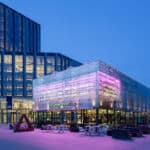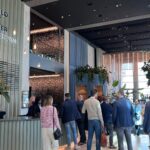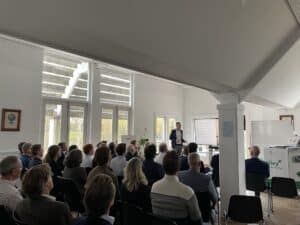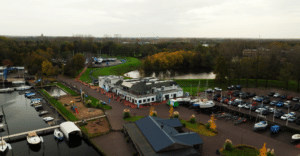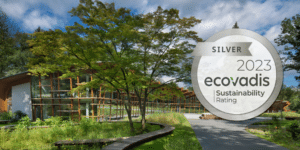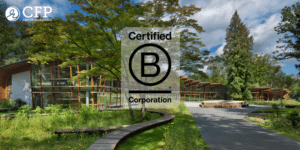
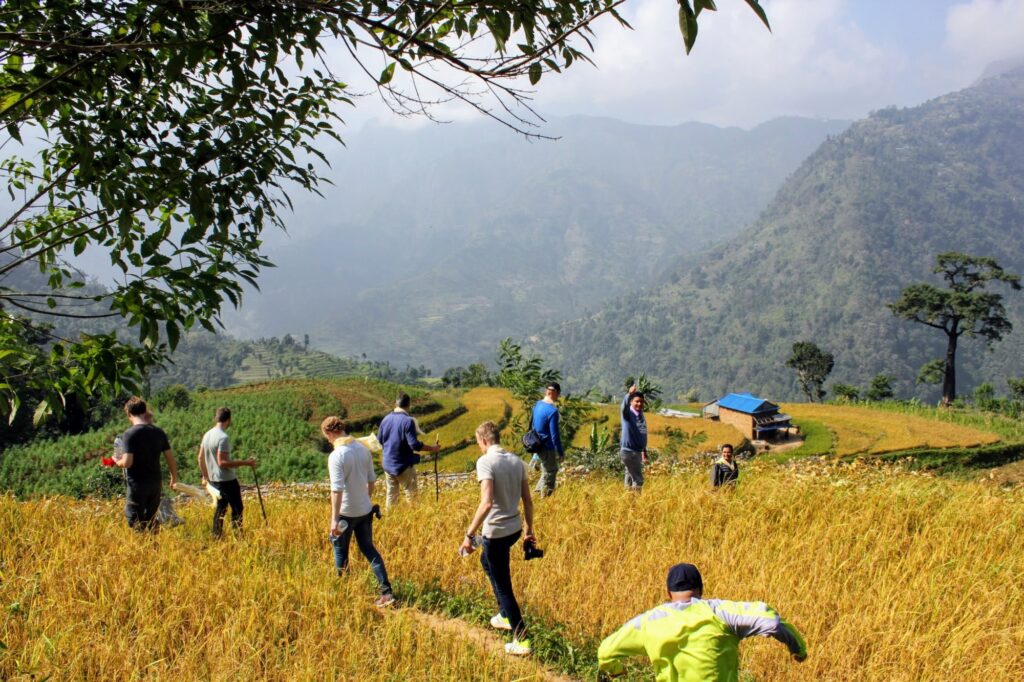
Innovating and collaborating: this is how the Unica Foundation and CFP Green Buildings are making an impact in Nepal together
CFP and Unica have been partnering for some 10 years. So it’s no surprise that CFP supports Unica’s Unica Foundation. It is a high-impact collaboration in Nepal and far beyond. The Unica Foundation provides the local infrastructure and CFP contributes the knowledge and financial resources needed to make the projects successful. The result? Greater equality, better health and a more sustainable economy through innovation.
The Unica Foundation
Edwin Koers of the Unica Foundation has worked at Unica for 15 years and has a keen eye for one of the biggest pitfalls of technical development work. “The biggest pitfall is that you build something and a few years later it no longer works, parts are stolen or an installation is not properly maintained. That’s why the Unica Foundation takes a whole different approach. It’s more like we are teaching people to fish with their own rod. We give them the technology and the training, allowing them to continue developing themselves. Our first projects were completed 15 years ago, and they’re all still working.”
The impact the Unica Foundation is making by doing so is huge. In total, over 75 projects have been completed, directly benefitting 25,000 Nepalis. Indirectly, the projects have helped many more people, by some estimates over 250,000. Some of these projects have been embraced and taken on by CFP.
“Why Unica Foundation projects are so effective? It’s running well because we have trained our own, local project leaders there. We are like a franchise for projects. CFP is using the infrastructure we have put in place to embrace their own projects in Nepal.”
– Edwin Koers, sponsor manager at Unica Foundation
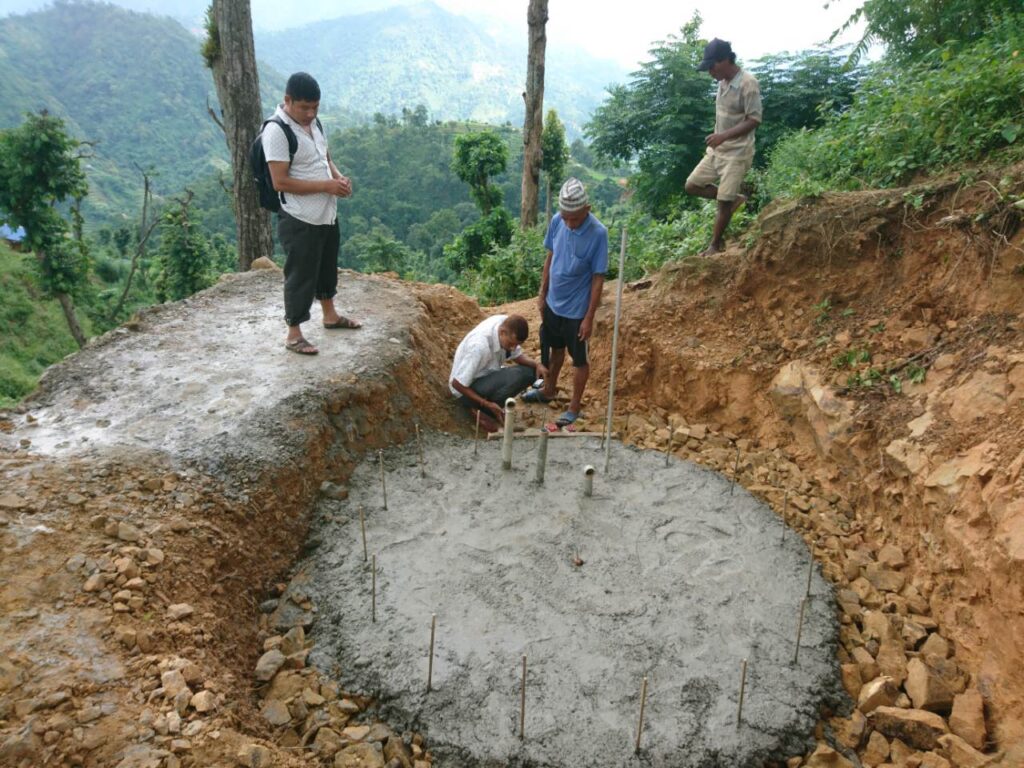
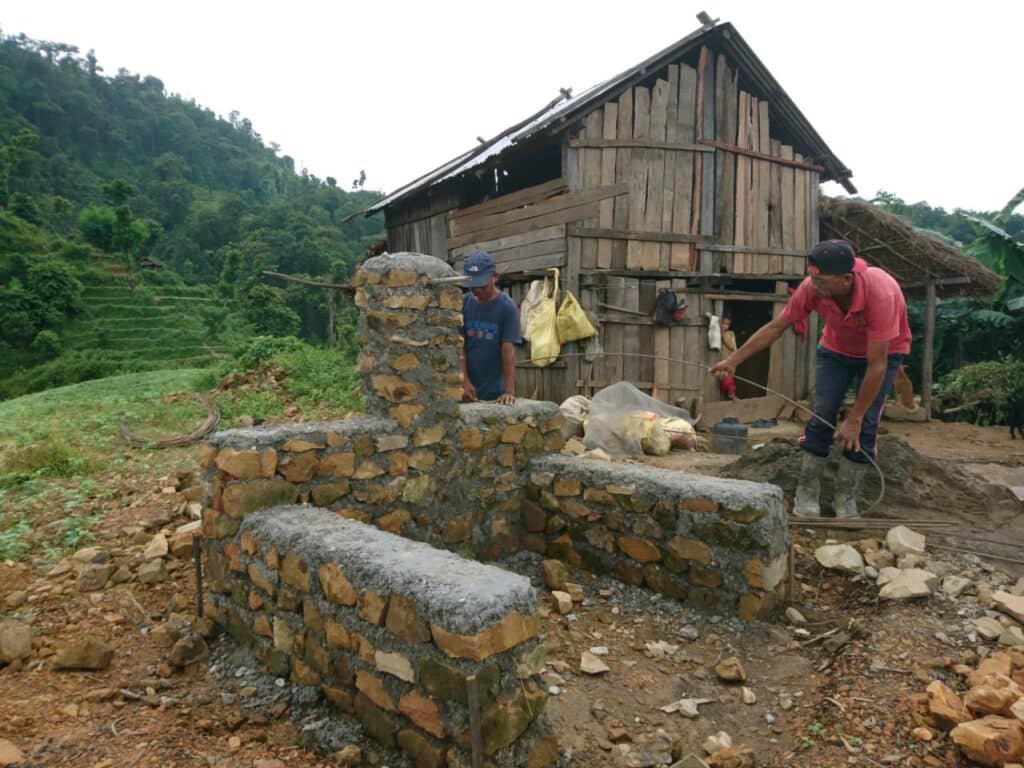
CFP’s projects in Nepal
CFP has started several projects to improve living conditions in Nepal. The projects are implemented by local people themselves. Also, a team of CFP staff and clients went to Nepal for the delivery of those projects. Several years later, the impact is easy to see in the various villages.
Bram Adema, CEO of CFP Green Buildings, says: “Our mission is to help make all the world’s buildings and homes more sustainable. In Nepal’s remote villages, residents spend the first four hours of the day fetching water and the next two hours gathering wood. This leaves too little time for school, for making high-value-added products and for sustainable development. We are very happy with the cooperation with the villages, with the local organisations Red Cross Nepal and Shanti Griha and with Unica Foundation. It’s only thanks to founder Daan van Vliet and the Foundation’s team that we’ve been able to do these projects.”
Enkele voorbeelden van de Unica Foundation waarbij CFP een rol heeft mogen spelen zijn:
#1 Tangting: tourist attraction
Previously, residents of the local Nepali community Tangting were limited in their earning opportunities, with only the choice between army service or labour in the Middle East; now tourism is growing there, with trekking routes, homestays and shops providing employment opportunities and allowing families to stay without migrating. You can read more about this project here.
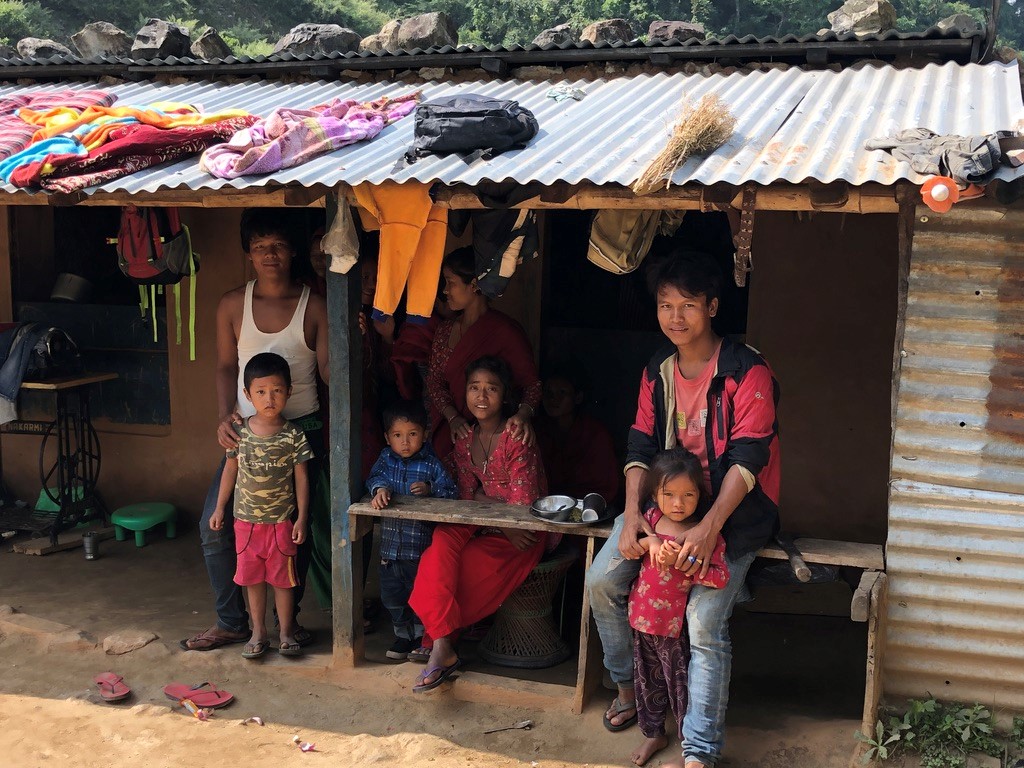
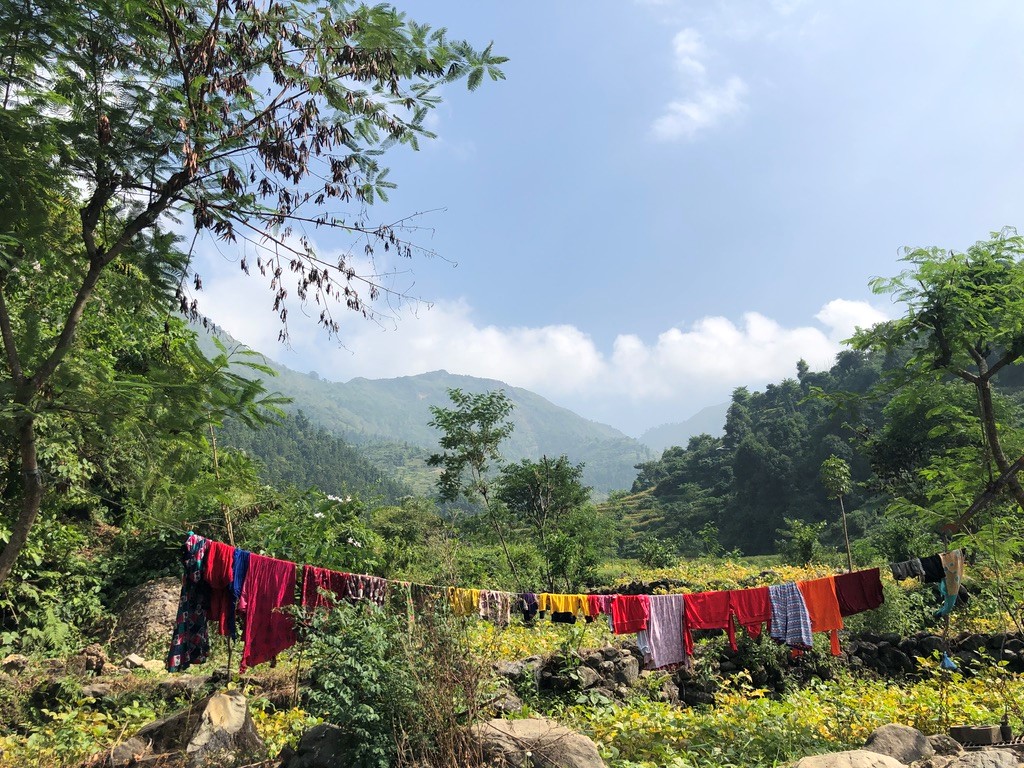
Eight donors and CFP staff visited this project in Nepal. Read more about their experience here.
#2 Clean drinking water for the Kiratikhola community in Nepal
In Kiratikhola, residents continue to struggle with water problems and prolonged searches for clean drinking water. This affects women and children in particular. Fortunately, the Water Sanitation and Hygiene (WaSH) project has provided safe drinking water and improved health and hygiene. A “people empowerment project” has also been launched to teach the community more about hygiene and ecological living. You can read more about this project here.
#3 Metallic Improved Cooking Stove Installation Project
The Sabet community in Kaski improved cooking conditions for 60 poor families by introducing improved cooking equipment and practical training on how to use the cookers. This has reduced indoor air pollution and improved health. And it could significantly reduce the number of nurses needed in the region, according to the Red Cross. You can read more about this project here.
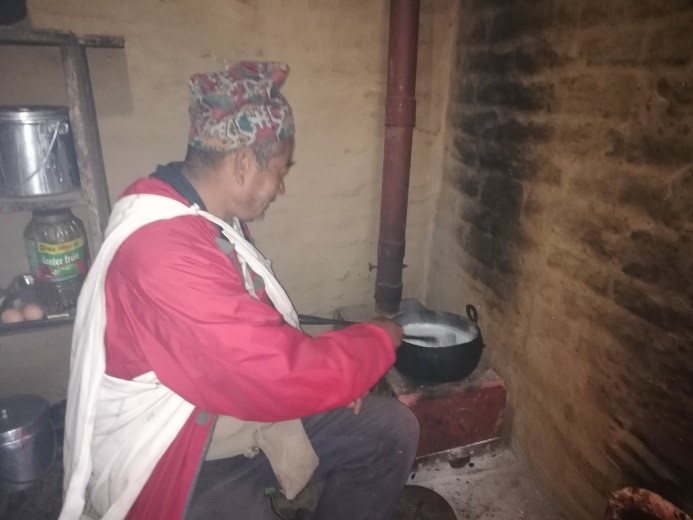
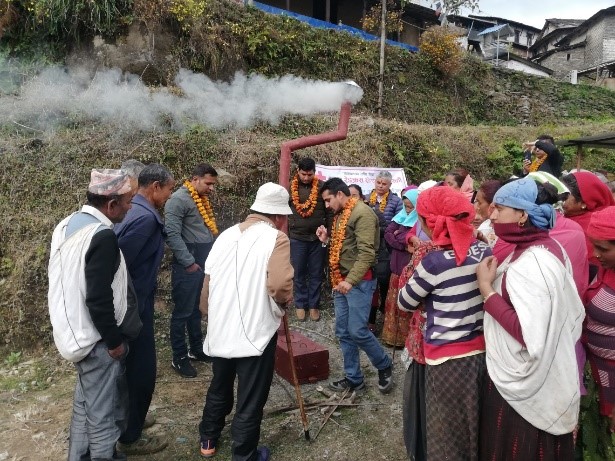
Development cooperation through innovation
Development work in Nepal is not innovative in itself. In fact, it’s really more about going back to basics. But according to Edwin Koers, the innovative thing is in the execution of the projects. He explains: “What we want to achieve is a sum of 1+1 = 3. And for that, you need to think innovatively. Here’s an example: we completed a project where we equipped a village with rechargeable solar lamps. This provided more security and productivity after sunset. But that wasn’t all. In practice, children were sent out during the day to recharge the battery (which takes several hours). Locating the charging station to recharge the lamps next to a school increased school attendance from 40% to 80%. So that’s how you get one plus one equals three!”

